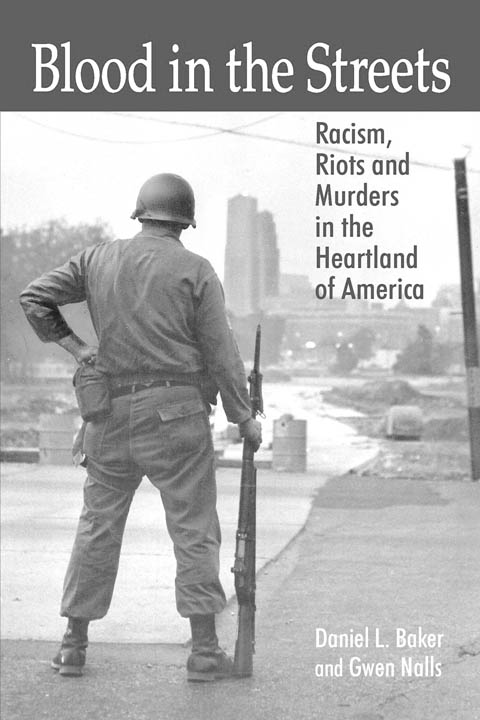Sinclair Community College is the home of several alumni, some of which sought after higher education, while others went directly into the workforce. To recognize these individuals, the Clarion speaks with various graduates about their lives after Sinclair.
Dan Baker and his wife Gwen Nalls are both Sinclair graduates, and have recently published a book called, “Blood in the Streets — Racism, Riots and Murders in the Heartland of America.”
They said it is about the Dayton community during the civil rights movement.
Baker said that Dayton has always been a segregated area with the river separating the west side from the rest of the city.
When the city exploded into riot in 1966, it took 1,000 national guardsmen and 500 police officers patrolling an eight square mile area to keep things under control, according to Baker.
“That’s what the story captures — it goes through the period of the turmoil of the riots and the desegregation efforts and its impacts on society … and against all this, there’s a serial killer that goes on and on for years,” Baker said. “The story is based on actual events and it’s told in a novel format. It’s not a textbook and it’s not a history book, it’s a story.”
Baker graduated from the law enforcement program at Sinclair, pursued a bachelors degree from the University of Dayton, and later, a masters degree in counseling. He also pursued a license in mental health counseling. He worked on the Dayton Police Department for 25 years, commanded the Violent Crime Bureau and the Hostage Negotiation Team. He offered his insight as a police officer during the book-writing process, and acts as a character in the book.
“At times, it’s kind of a rough story,” he said. “It’s written from a police officer perspective through the riots and in those days when I was a young rookie police officer, we weren’t really prepared or trained for what was about to happen in America. Nowhere was really prepared, quite honestly, in policing. It’s kind of a rough and gritty story in some places. [However] the real message of the story is [that] there is redemption; the story moves through the coming together of people, so it’s not just a negative police story.”
Nalls studied securement and materials management at Sinclair. She pursued degrees from the University of Dayton, Central Michigan University and Salmon P. Chase College of Law, and earned her doctorate degree and license in law. Today she is a licensed attorney. She offers her insight as an African-American woman living in Dayton during the time period when the book takes place.
“What is unique about this book is that it is coming from personal experiences; living through it, working through it, being educated in the whole scenario as it unfolded during the 1965 through 1975 era,” Nalls said. “It talks about the cultural experiences of the black people in the community. It talks a lot about the churches [and] the meetings and discussions and rallies, and how black people communicated, what they were communicating, how they actually survived through the era.”
Both Baker and Nalls agree that Sinclair set them up for success, and highly support the college in the community.
“I credit a lot of my background success to the education I received at Sinclair,” Nalls said. “It was a very enjoyable experience for me because it catered to my ability to work during the day, go to school during the night and be taught by people who were professionals in the industry and could take [required courses] and bring them to life.”
Baker said Sinclair made a difference in his life.
“Had I not gone to Sinclair and gained my confidence there and learned like I did from the people who worked and taught, I would not have gone on,” he said. “It made a huge difference in my life and it certainly made a big difference in my earning ability.”
For more information about their book, visit forensicpublications.com.


